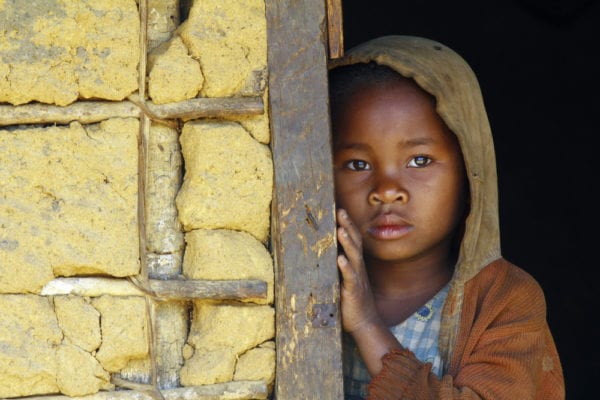Thought piece: we can – and must – eradicate malaria
Thought piece: we can – and must – eradicate malaria
Thought piece: we can – and must – eradicate malaria
-
Hannah
-
Hannah


How to Do Good: Essays on Building a Better World, published by my publisher, London Wall, is a collection of essays by thought leaders, celebrities, statesmen and women, Nobel prize winners, social entrepreneurs, philanthropists and others who are driving and inspiring positive change.
This thought piece focuses on an essay in the book by Princess Astrid of Belgium, who was a special representative for the Roll Back Malaria Partnership from 2007 to 2015. Her essay, entitled ‘World in Action’, makes for thought-provoking, poignant and inspiring reading on how malaria is affecting people worldwide and how much can be done to battle the disease.
Perhaps malaria seems a distant malaise, but it shouldn’t: according to the World Health Organisation (http://www.who.int/features/factfiles/malaria/en/), nearly half of the world’s population is at risk of malaria because it is present in 91 countries and areas. WHO estimates that in 2015, 212 million people had malaria and 429,000 lost their lives to the disease. Of these, 303,000 were children under the age of five.
That’s 303,000 little children dying from a disease that is preventable and curable.
In her article, Princess Astrid shares memories of her travels over the years to areas affected by malaria – of the people she met whose plights are heart-breaking:
‘I have witnessed unimaginable sacrifices made by parents. I have sat with grieving mothers, watched fathers dig graves to hold the lifeless body of their young child, and I have sat in classrooms devoid of healthy students able to learn.’
As a mother herself, Princess Astrid writes, such experiences resonated with her on a deeply emotional level. So they did with me, as I read; I confess there were tears in my eyes.
But the princess is not writing of bleakness, in fact, but of hope:
‘The pain I have seen never leaves me, but it is made less by the profound hope that I have felt radiate through communities thanks to incredible, cost-effective tools… that have revolutionised the way we prevent, diagnose and treat malaria.’
The Roll Back Malaria Partnership has been working to reduce the number of cases – and subsequent deaths – from malaria, with powerful results: it has prevented more than six million deaths from malaria since 2000. Under its Global Malaria Action Plan, RBM plans to reduce malaria mortality rates by at least 90 per cent by 2030. That’s millions of lives saved through such simple and lost-cost solutions as anti-malaria nets.
Of course, to achieve this aim requires investment; more than $100 billion. Note that I use the word investment here, not gift: this is money people will return to economies. For every $1 invested in anti-malaria work in Africa, the Gross Domestic Product increases per capita by $6.75. How so? Because people will live and contribute to communities and economies. Experts estimate that achieving the Global Malaria Action Plan will mean 3 billion cases of malaria averted and 10 million lives saved.
Ultimately, RBM has a very simple aim: eradicate malaria. Here’s a poster from their World Malaria Day 2017:

Imagine, that we have the power to eradicate this horrific disease. Not just the power, in fact, but the responsibility. As Princess Astrid writes: ‘we must all be global citizens and take up our responsibilities regardless of position.’
There are various malaria-action charities, operating in different countries, that you can support (search ‘donate’ and ‘malaria’ online). Just $2.50 funds a net that keeps a family safe from mosquito bites. It really is that simple, and that affordable.
Note: All quotations are taken from How to Do Good: Essays on Building a Better World published by London Wall, with the kind permission of Philanthropy Age.